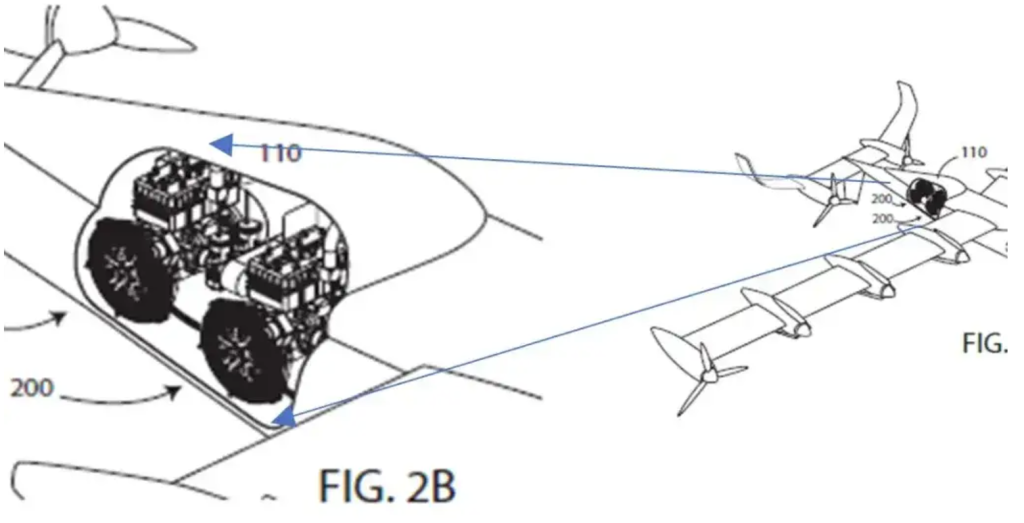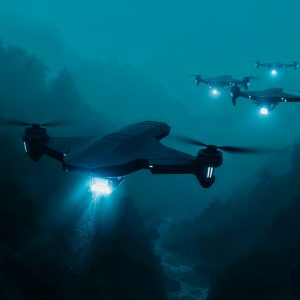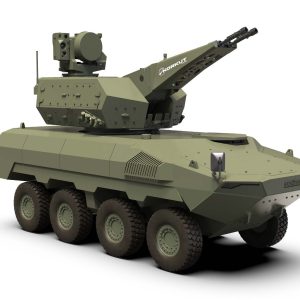In the fast-evolving realm of aerospace, the integration of electric power systems is heralding a Revolution in Electric Flight. At the forefront of this transformation is the innovative concept of hybrid power systems, skillfully combining conventional and electric propulsion. With companies like LaunchPoint pioneering this revolution, the industry is set to witness profound shifts in how we perceive and undertake flight.

Introduction to Electric Flight Advancements
In recent years, the aerospace and defense industry has undergone significant shifts, largely driven by technological advancements. Among the most impactful of these advancements is the incorporation of electric power systems into aviation. With growing environmental concerns and the push for sustainable alternatives, electric flight is poised to become a staple in modern aviation.
The Innovation of Hybrid Power Systems
When it comes to electric flight, one innovation stands out: hybrid power systems. A hybrid system combines the benefits of conventional combustion engines with those of electric motors, paving the way for increased efficiency, range, and versatility.
LaunchPoint’s Revolutionary Hybrid Power System
In October 2023, LaunchPoint made headlines with the announcement of their patent for a cutting-edge hybrid power system. This development represents a monumental leap for the aerospace and defense industry.
Key Features of LaunchPoint’s Hybrid System
- Enhanced Efficiency: The beauty of a hybrid system lies in its ability to seamlessly switch between the combustion engine and electric motor. This ensures optimal power delivery at all flight stages, leading to reduced fuel consumption and extended range.
- Improved Range: One of the challenges with purely electric flights is the limited range due to battery constraints. By integrating a combustion engine, LaunchPoint’s system addresses this challenge, offering longer flight durations without frequent recharges.
- Environmentally Friendly: With a hybrid system, there’s a significant reduction in CO2 emissions. While the combustion engine plays a role, the reliance on electric power leads to greener and more sustainable flights.
- Operational Versatility: The ability to operate in different modes offers pilots greater flexibility, allowing for a customized flight experience based on the mission’s requirements.
Future Implications for the Aerospace Industry
As the industry evolves, hybrid systems are expected to play a pivotal role in shaping the future of aviation. The implications of LaunchPoint’s patent extend far beyond just their organization.
- Broader Adoption of Hybrid Systems: With the proven success and benefits of such systems, other aerospace giants are likely to invest in similar technologies, leading to widespread adoption.
- R&D Investments: The industry will witness a surge in research and development endeavors, focusing on further refining hybrid technologies and exploring new avenues for innovation.
- Reduction in Operational Costs: As hybrid systems become mainstream, the overall operational costs associated with flights will reduce. This, in turn, might lead to competitive pricing, benefiting end consumers.
- Sustainability Initiatives: With an emphasis on green technologies, the aerospace industry will align closer with global sustainability goals. Hybrid systems will be a cornerstone in achieving these objectives.
Conclusion: A New Dawn in Aviation
LaunchPoint’s patented hybrid power system is not just a product; it’s a testament to the aerospace industry’s unwavering commitment to innovation, sustainability, and progress. As we continue to navigate the complexities of modern aviation, hybrid systems like the one introduced by LaunchPoint will be instrumental in defining the next era of flight.
In closing, the future of aviation lies in the harmonious blend of technology and sustainability. Hybrid power systems are the beacon leading the way, and with companies like LaunchPoint at the helm, the sky is not the limit; it’s just the beginning.












